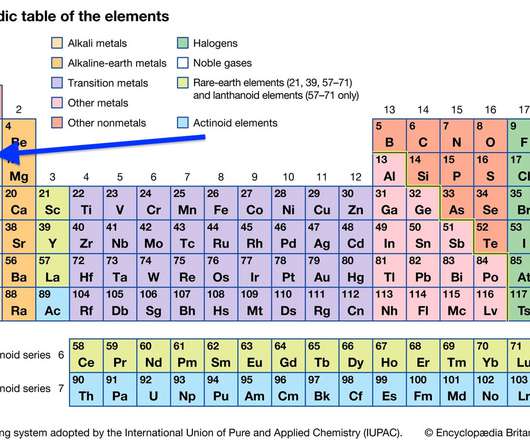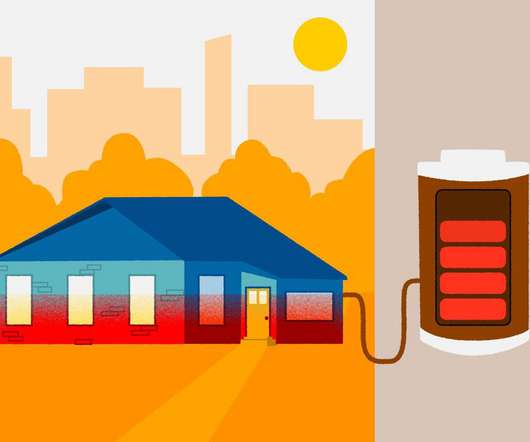OSU smart membrane could enable new category of high-energy, high-power energy storage for EVs
Green Car Congress
AUGUST 24, 2016
Described in a paper published in the RSC journal Energy & Environmental Science , the smart membrane separator could enable the design of a new category of rechargeable/refillable energy storage devices with high energy density and specific power that would overcome the contemporary limitations of electric vehicles.




























Let's personalize your content